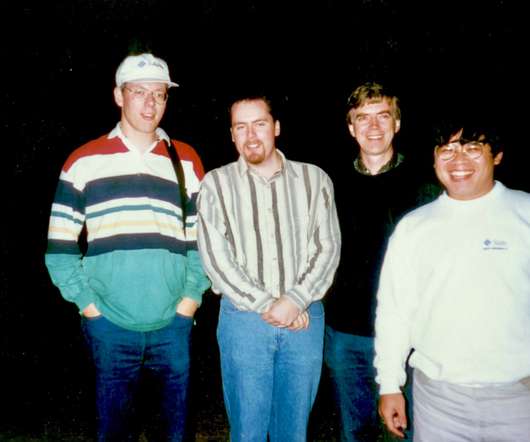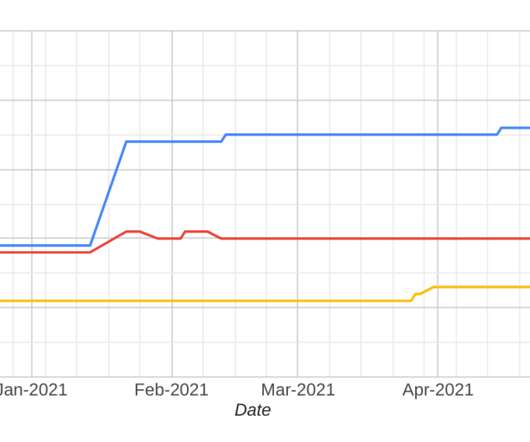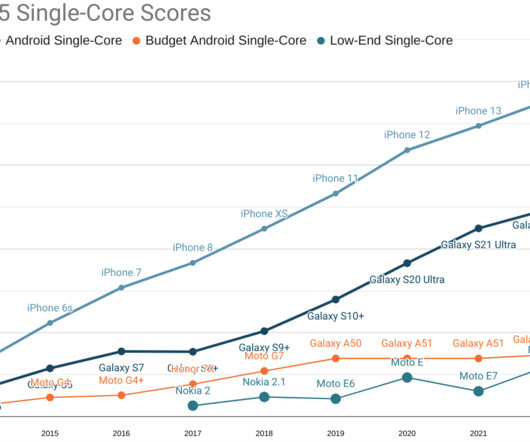What Adrian Did Next?—?Part 2?—?Sun Microsystems
Adrian Cockcroft
JUNE 21, 2022
I became the Sun UK local specialist in performance and hardware, and as Sun transitioned from a desktop workstation company to sell high end multiprocessor servers I was helping customers find and fix scalability problems. We had specializations in hardware, operating systems, databases, graphics, etc.












Let's personalize your content